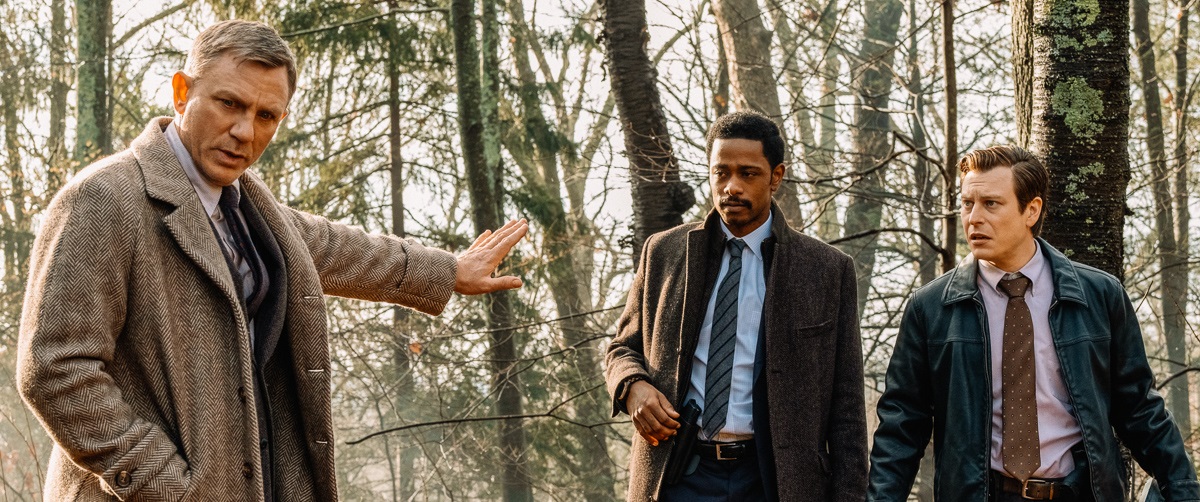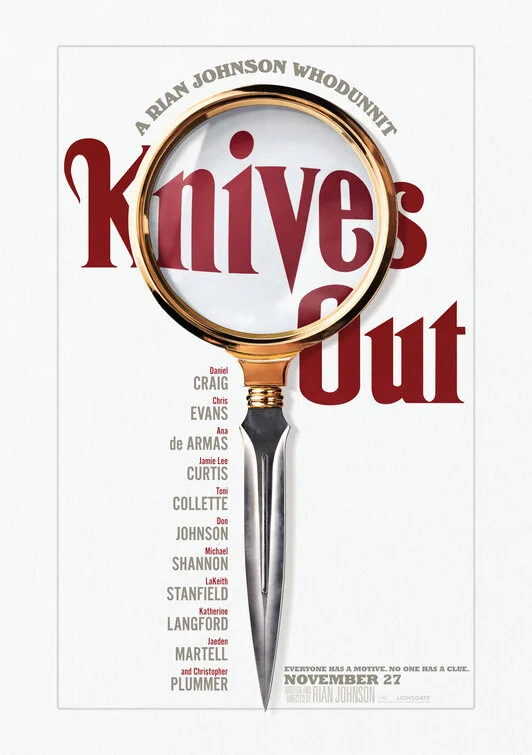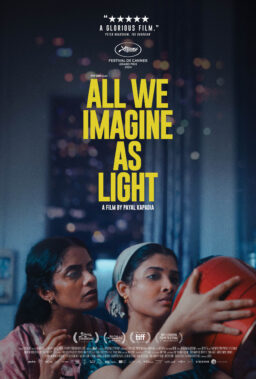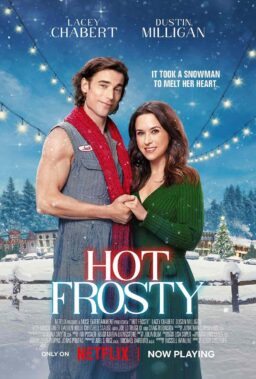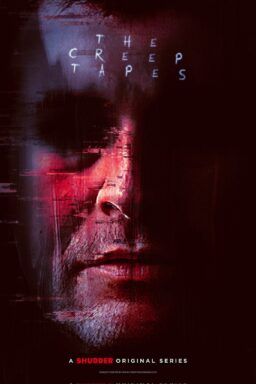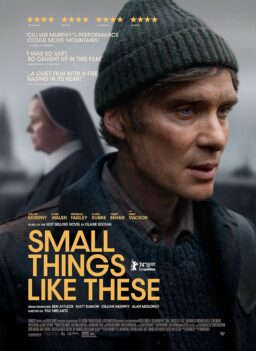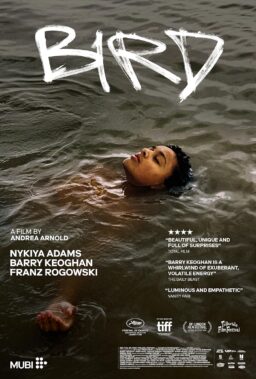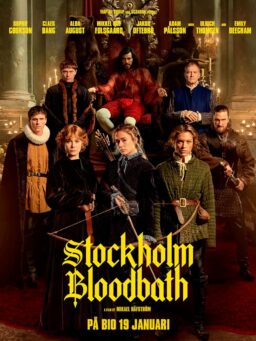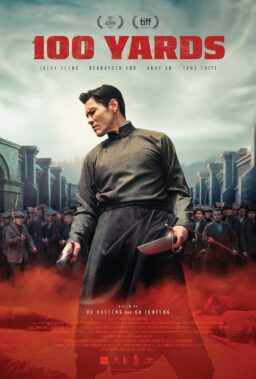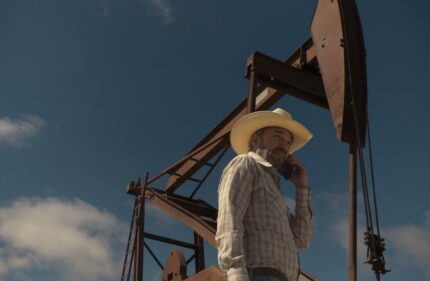Rian Johnson's "Knives Out" is one of the most purely entertaining films in years. It is the work of a cinematic magician, one who keeps you so focused on what the left hand is doing that you miss the right. And, in this case, it's not just a wildly fun mystery to unravel but a scathing bit of social commentary about where America is in 2019. Great mystery writers throughout history have dissected class in ways that were palatable to audiences looking for escapism, and Johnson is clearly doing that here too, using a wonderfully entertaining mystery structure that would make Agatha Christie smile. Directing a wildly charismatic cast who are all-in on what he's doing, Johnson confidently stays a step or two ahead of his audience, leaving them breathless but satisfied at the end.
Harlan Thrombey (Christopher Plummer) is a wildly successful mystery writer and he's dead. His housekeeper Fran (Edi Patterson) finds him with a slit throat and the knife still in his hand. It looks like suicide, but there are some questions. After all, who really slits their own throat? A couple of cops (the wonderful pair of LaKeith Stanfield and Noah Segan) come to the Thrombey estate do a small investigation, just to make sure they're not missing anything, and the film opens with their conversations with each of the Thrombey family members. Daughter Linda (Jamie Lee Curtis) is a successful businesswoman with a shit husband named Richard (Don Johnson) and an awful son named Ransom (Chris Evans). Son Walt (Michael Shannon) runs the publishing side, but he's been fighting a lot with dear old dad. Daughter-in-law Joni (Toni Collette) is deep into self-help but has been helping herself by ripping off the old man. Finally, there's Marta Cabrera (Ana de Armas), the real heroine of "Knives Out" and Harlan's most trusted confidante. Can she help solve the case?
The case may have just been closed if not for the arrival of the famous detective Benoit Blanc, played by Daniel Craig, who spins a southern drawl and oversized ego into something instantly memorable. Blanc was delivered a news story about the suicide and envelope of money. So someone thinks this is fishy. Why? And who? The question of who brought in Blanc drives the narrative as much as who killed Harlan. Johnson is constantly presenting viewers with the familiar, especially fans of the mystery movie—the single palatial setting, the family of monsters, the exaggerated detective—but then he subverts them every so slightly, and it feels fresh. So while Blanc feels like a Poirot riff, Johnson and Craig avoid turning it into a caricature of something we've seen before.
Craig is delightful—I love the excitement in his voice when he figures things out late in the film—but some of the cast gets lost. It's inevitable with one this big, but if you're going to "Knives Out" for a specific actor or actress, be aware that it's a large ensemble piece and your fave may get short shrift. Unless your favorite is Ana de Armas, who is really the heart of the movie, allowing Johnson to imbue "Knives Out" with some wonderful political commentary. The Thrombeys claim to love Marta, even if they can't remember which South American country she comes from, and Don Johnson gets a few razor sharp scenes as the kind of guy who rants about immigration before quoting "Hamilton." It's not embedded in the entire piece as much as "Get Out," but this "Out" is similar in the way it uses genre structure to say something about wealth and social inequality. And in terms of performance, the often-promising de Armas has never been handed a role this big, and she totally delivers.
"Knives Out" crackles visually, although regular collaborator Steve Yedlin never allows his cinematography to get too showy to distract from the mystery or ensemble. It's a film that works because of Johnson's palpable love for the genre, but never becomes too meta or referential. A lot of talented directors have returned to genre movies after making a fortune and brought too much self-awareness with them, but that's not the case here.
Ultimately, as in the films and books that inspired this one, it's all about the whodunit, which is revealed in such unexpected ways that just when you think you have it all figured out, you realize something doesn't add up. When it's actually over (and my God does Johnson stick the landing with one of the best final shots of the year) you'll unpack its ingenuity like a detective yourself, marveling at not just how the details of what happened that night revealed themselves, but the social message embedded in all of it. It's tempting to say that it's a mystery that Harlan Thrombey himself would have loved, but he probably never wrote one this good.
This review was filed from the Toronto International Film Festival on September 8, 2019.
